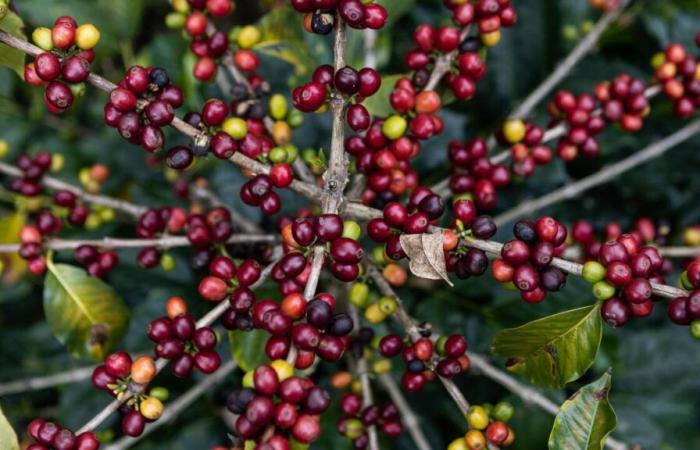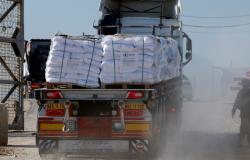It has never lived up to its name of black gold so well. Colombia celebrated a “historic record” price for its coffee on Wednesday, as the Arabica variety reached new heights on international markets.
“Colombian coffee breaks a historic record. The value of coffee exceeds 2,650,000 pesos (approximately 604 dollars at the exchange rate) per load of 125 kilos, marking an important milestone in the coffee industry,” welcomed President Gustavo Petro in a message on the social network
According to the National Federation of Coffee Producers of Colombia, this price even reached 2,785,000 pesos (around $635) in the country, the third largest producer of the bean behind Brazil and Vietnam.
Arabica reaches international heights
In international markets, the price of Arabica coffee – Colombia’s main coffee bean and a symbol of its economy – reached its highest level in almost half a century on Wednesday, mainly due to growing concern regarding the harvest in Brazil, which has been hit by severe drought and weeks of fires.
The pound of arabica traded in New York reached $3.20, the highest price since 1977. The increase is almost 70% since the start of the year.
Arabica, which is characterized by producing a coffee with pronounced acidity and aroma, is the main coffee grown in Colombia, with the varieties Tipica, Borbon, Maragogipe, Tabi, Caturra and Castillo. This species is native to Ethiopia and was introduced to Colombia in the 18th century.
An industry driving national growth
“This increase promotes the development of thousands of coffee farming families throughout the country, reflecting the quality and recognition of Colombian coffee in international markets,” added President Petro.
According to the Colombian Statistical Authority (DANE), coffee accounted for 6.2% of the country’s total exports in 2023 and is the main industry behind the 2% economic growth recorded in the third quarter of this year.
The National Federation assures that Colombian grain is also having a good year of production, with an estimate of 13 million bags and 552,000 registered farming families.






